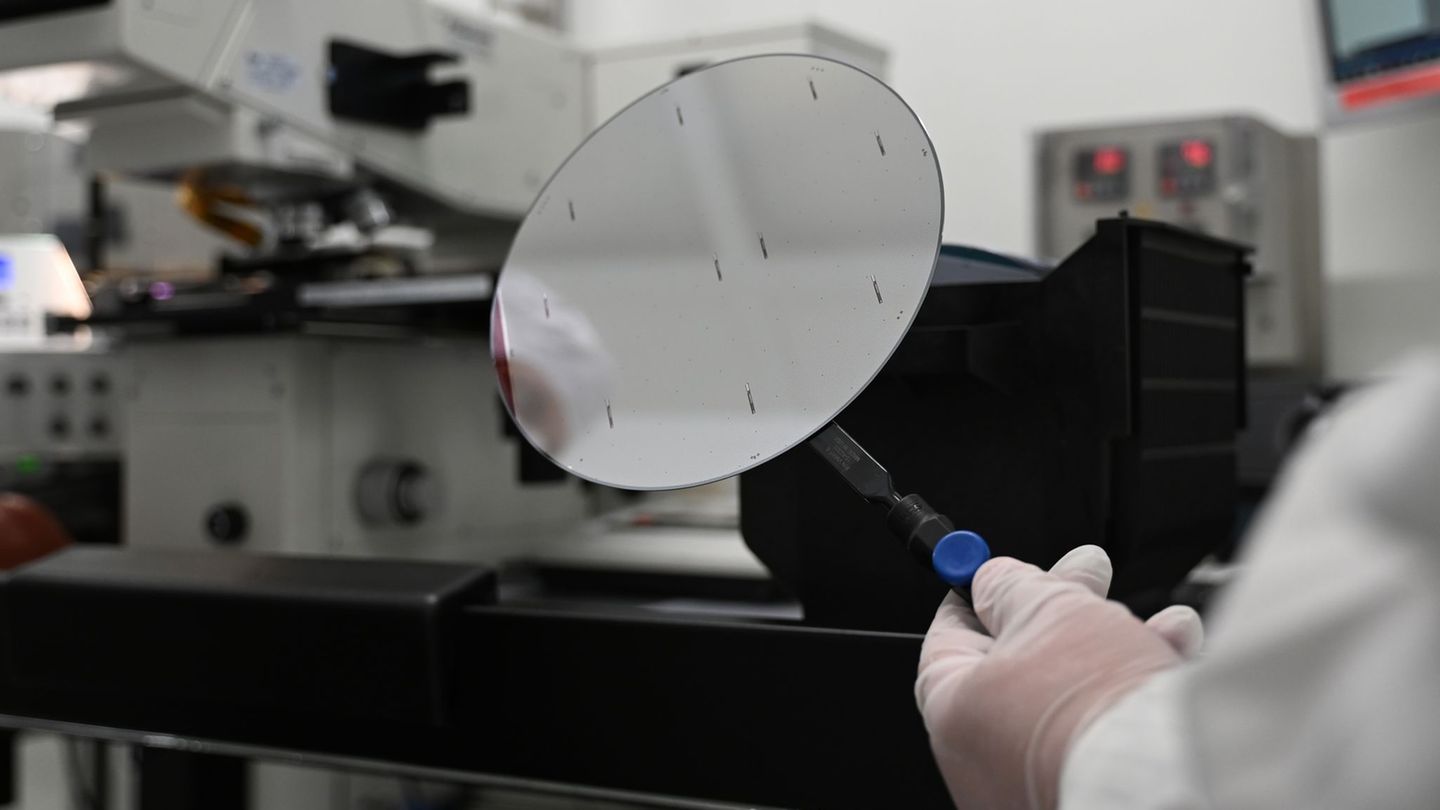The National Administration of Drugs, Food and Medical Technology (ANMAT) eliminated 60 drugs of the National Vademecum of Medicines (VNM). As detailed by the organization through an official statement, the objective of this measure is “ensure that the system has up-to-date information“.
In detail, the VMN is an official source – permanently updated – in which They publish all the medications that are currently marketed in our country and its objective is to be a list so that citizens can corroborate that the drugs do not have restrictions on use or marketing. The authorities of the ANMAT They detailed that the process of review will be carried out every 3 months.
The Government purged the official list of medications
In total, there were 60 drugs that were eliminated from the National Medicines Vademecum. “The Anmat Technical Information Management Directorate removed 60 productsalthough some medications have various concentrations, for example 1, 3 and 5 milligrams,” the administration detailed.
As explained in a statement, “a review process was carried out on the specialties contained in the National Vademecum of Medicines (VNM), making it available only the products that are currently marketed.” This update seeks to “guarantee that the system has updated information,” as they highlighted.
In this sense, the ANMAT detailed that “from now on, only those medications that are open to the public“. In addition, they added that the renewal of the listing “will be done quarterly”.
Pharmacy medications.jpg
The list will be updated every 3 months.
The VNM was created in 2014 and is an official source of permanent updates, where all the medications that are currently marketed are published. Thus, the objective of this platform is for any citizen to be able to corroborate that the drugs to be purchased are correctly authorized and have no restrictions on use or marketing, being within the National Drug Traceability System.
ANMAT prohibited the marketing of two brands of olive oil throughout the country
The Government, through the ANMAT, prohibited the production, fractionation and commercialization of two olive oils throughout the country for lacking the corresponding health records.
The first provision affected the brand’s extra virgin olive oil Barcelona Fieldssince it lacked health records and presented false labels with non-existent registrationswhat becomes an illegal product. The measure was confirmed after alerts were received from the Institute of Food Control and Bromatology (ICAB) from Entre Ríos and the Food Surveillance Information System (SIVA).
The second measure fell on the El Noa extra virgin olive oilwhich also lacked adequate records and had a false label with a health registration number belonging to another company, which also invalidated it as a legal product.
“In order to protect the health of citizens against the consumption of illegal products, whenever it is a food product that lacks records, which is why its traceability, its manufacturing conditions, its quality with adequate levels of control under the conditions established by current regulations and their safety, the Department of Food Regulations of the INAL recommends prohibiting the preparation, fractionation and marketing throughout the national territory and on online sales sites of the aforementioned products, as well as all those products that indicate the RNE and/or RNPA numbers mentioned on their labels,” the Government stated in a statement.
Both bans were justified on public health groundssince the lack of records prevents guaranteeing the traceability, quality and safety of products.
Source: Ambito




